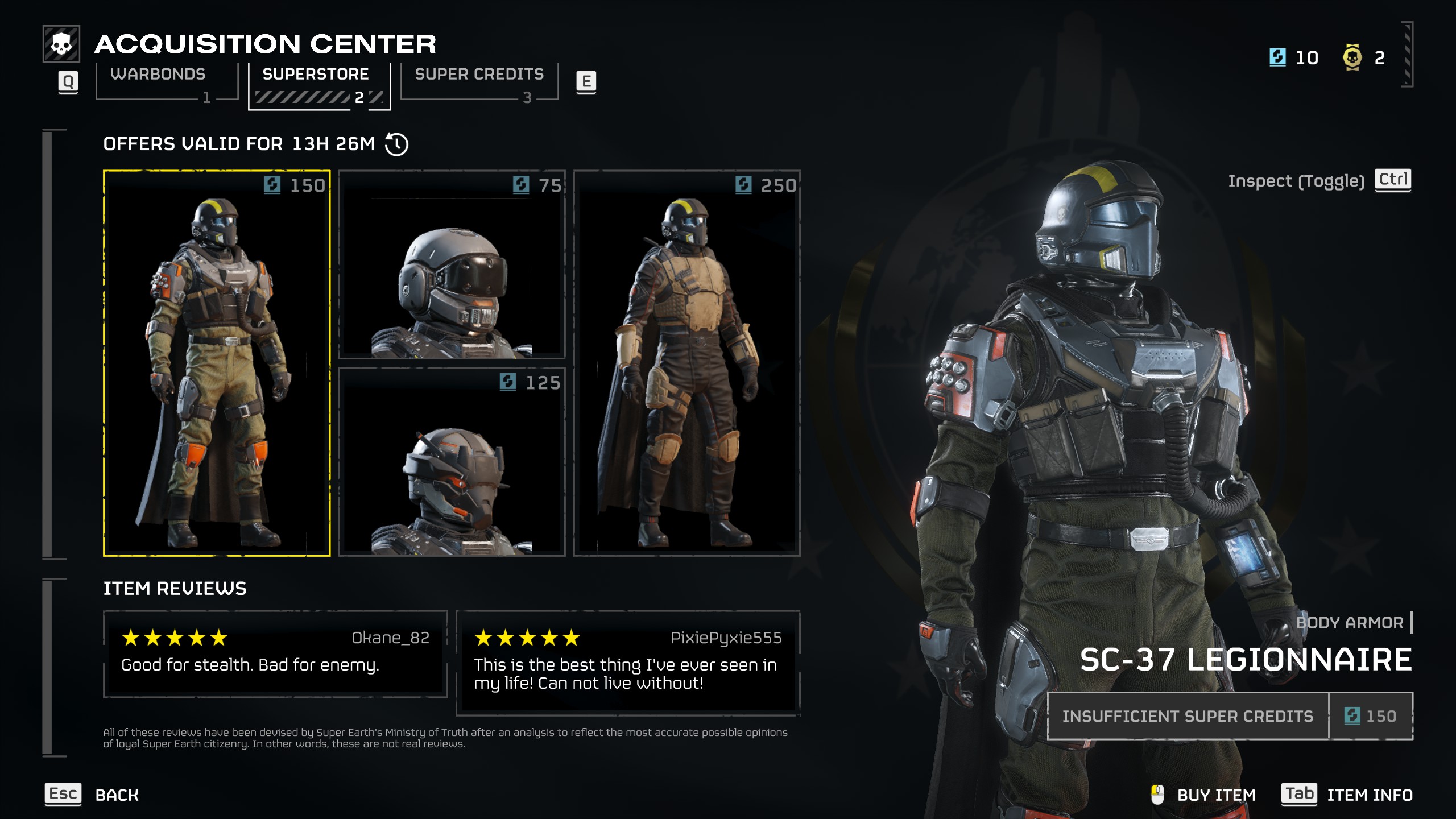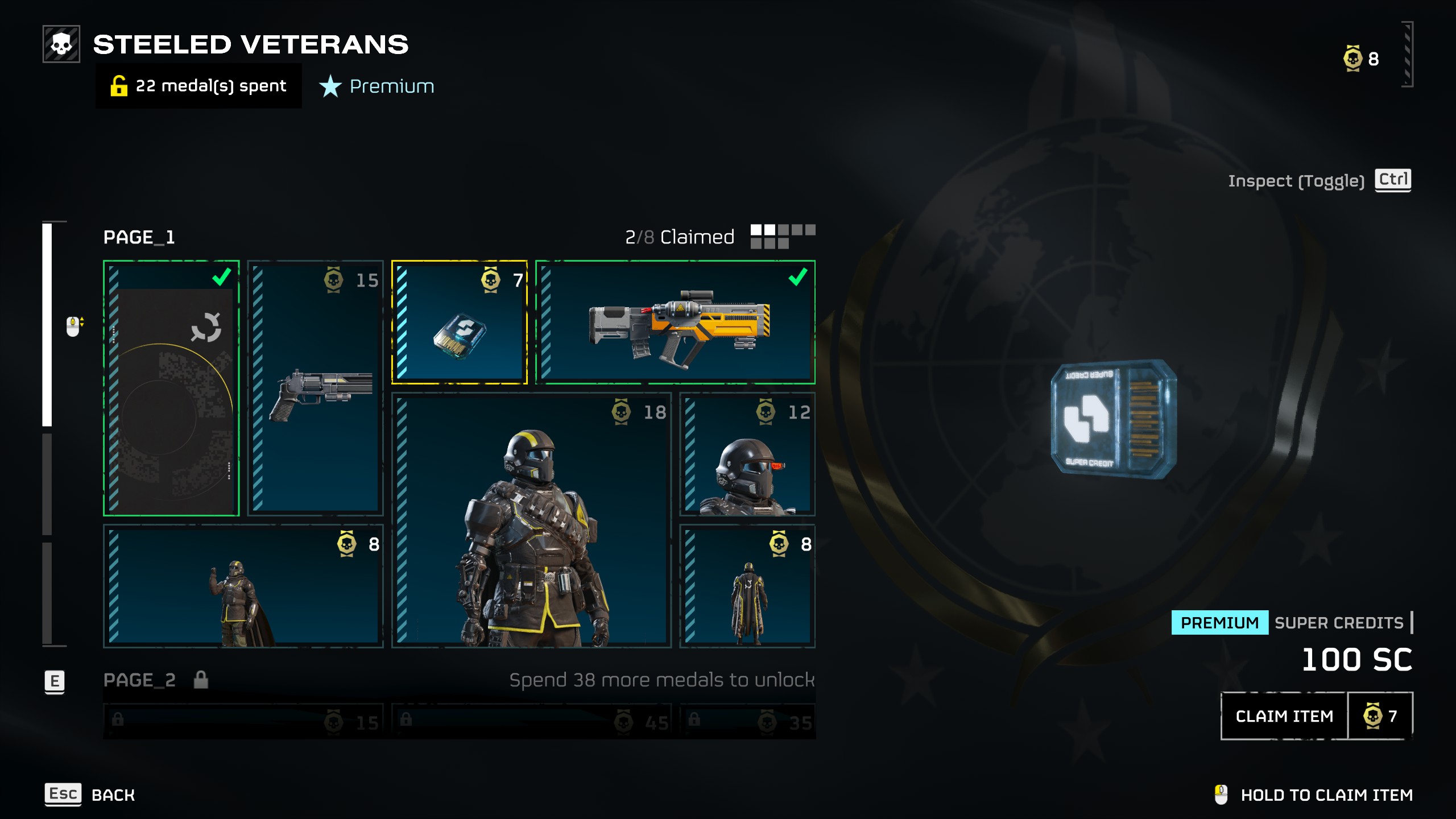Microtransactions in Helldivers 2: What They Mean for Players
Initial concerns about microtransactions in Helldivers 2 were met with skepticism, but after playing for around six hours, it appears that the game’s approach to microtransactions may not be as exploitative as first feared. While players can spend money in the game to gain a small edge, it does not drastically impact the overall gameplay experience. The game’s system allows players to earn most currencies in-game, with only one currency available for purchase, providing a balanced microtransaction model.
Four types of currency – Requisition Slips, Medals, Samples, and Super Credits – are used in the game, with the majority only obtainable through playing missions. Super Credits, the premium currency, are available for purchase and can be used to unlock upgraded armor in the Superstore, some for cosmetic changes and others for enhanced gameplay benefits.

While the game doesn’t comprehensively explain the various currencies, it does encourage players to engage more with the game to obtain them, reinforcing a principle of earning rewards through gameplay.
The prevalence of microtransactions in video games raises concerns about exploitative systems. Games often employ systems that encourage additional spending, such as loot boxes, which can have gambling-like characteristics.
Comparing Helldivers 2 with other live-service titles like Destiny 2 reveals similarities in microtransaction models, where premium currency is mostly used for cosmetic items. However, the pressure to spend real-world money on premium items remains.

Concerns remain about potential future developments that could increase the complexity of microtransaction systems in Helldivers 2. However, for now, the game offers a fair and balanced approach to microtransactions.
The PvE nature of the game eliminates concerns about pay-to-win scenarios, as players collaborate rather than compete. This inclusive approach aligns with the game’s narrative and gameplay experience.
The collaborative nature of the game is exemplified in player interactions, reinforcing the idea that individual benefits contribute to the overall experience.
